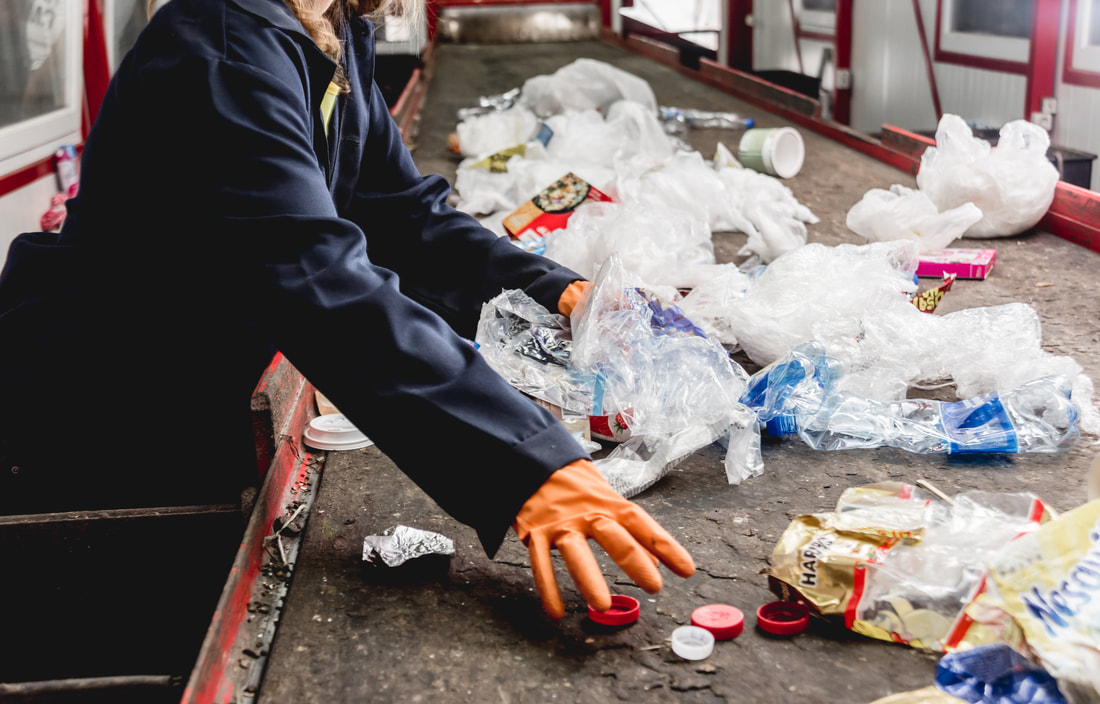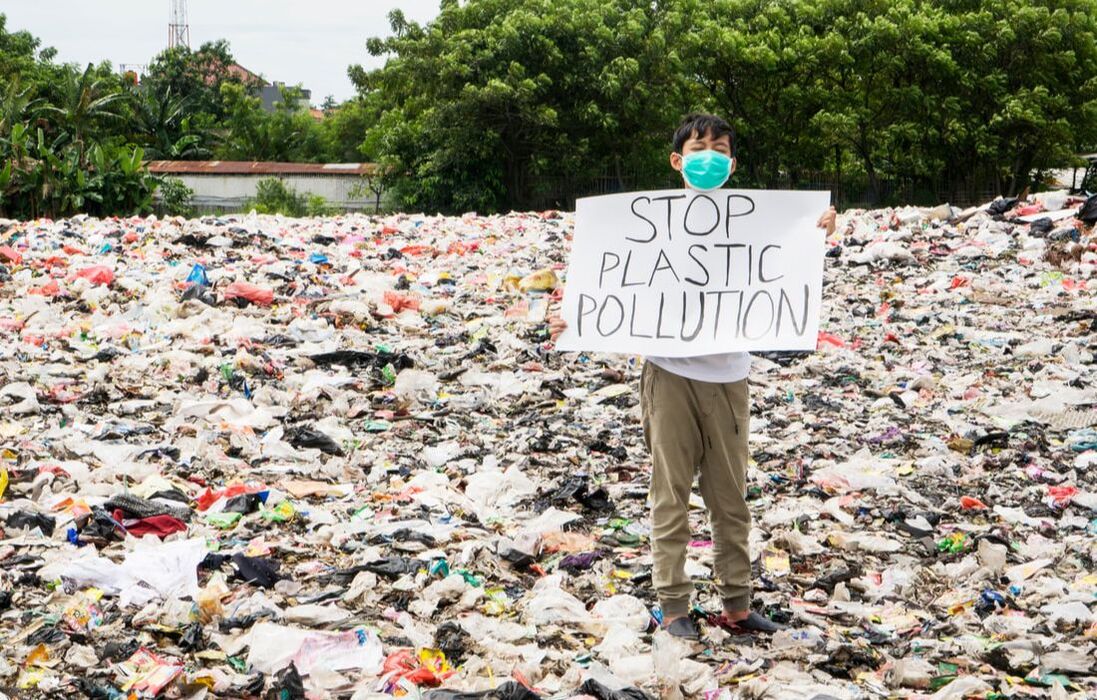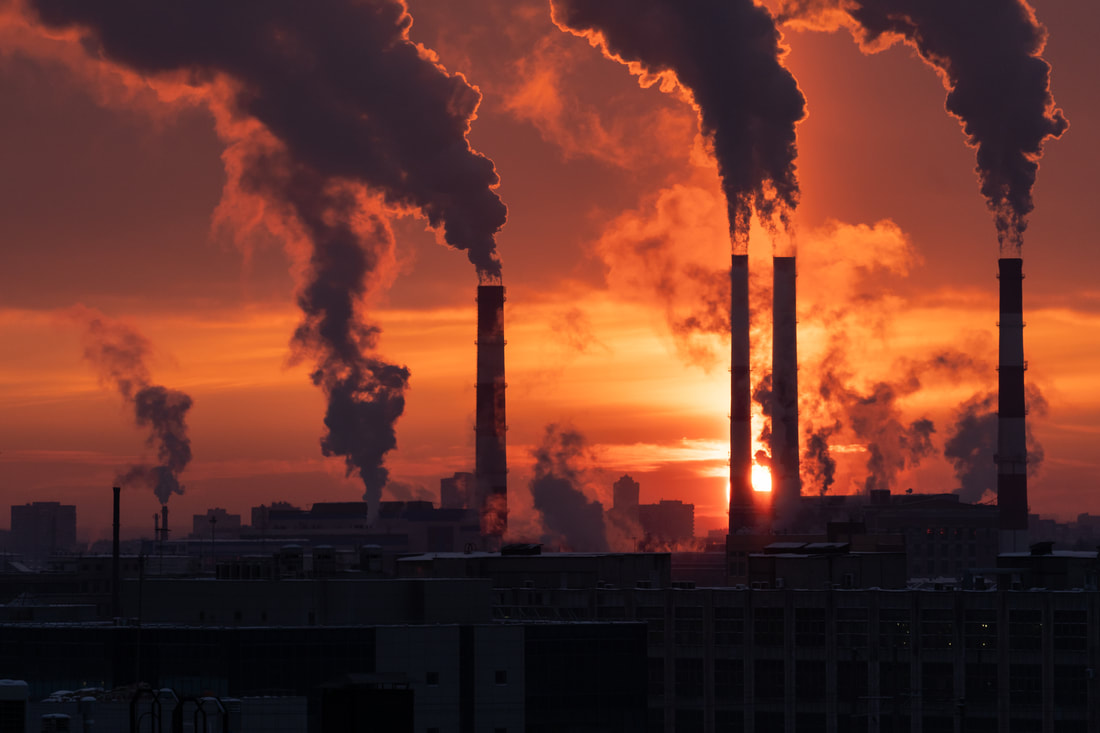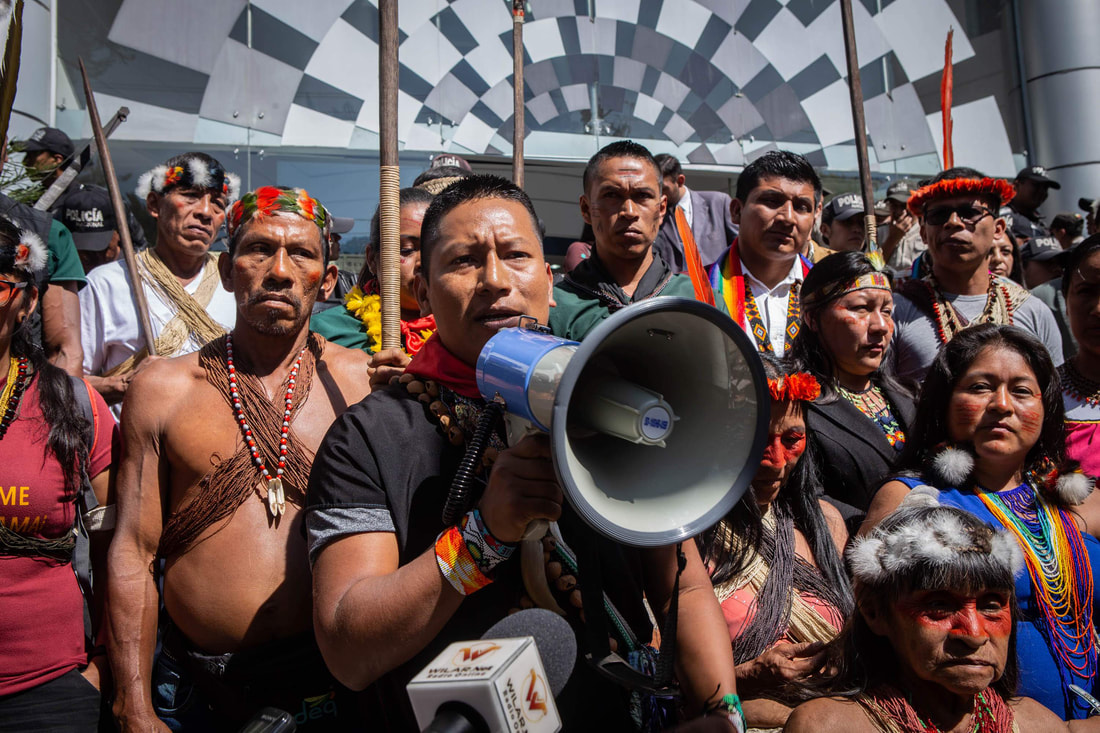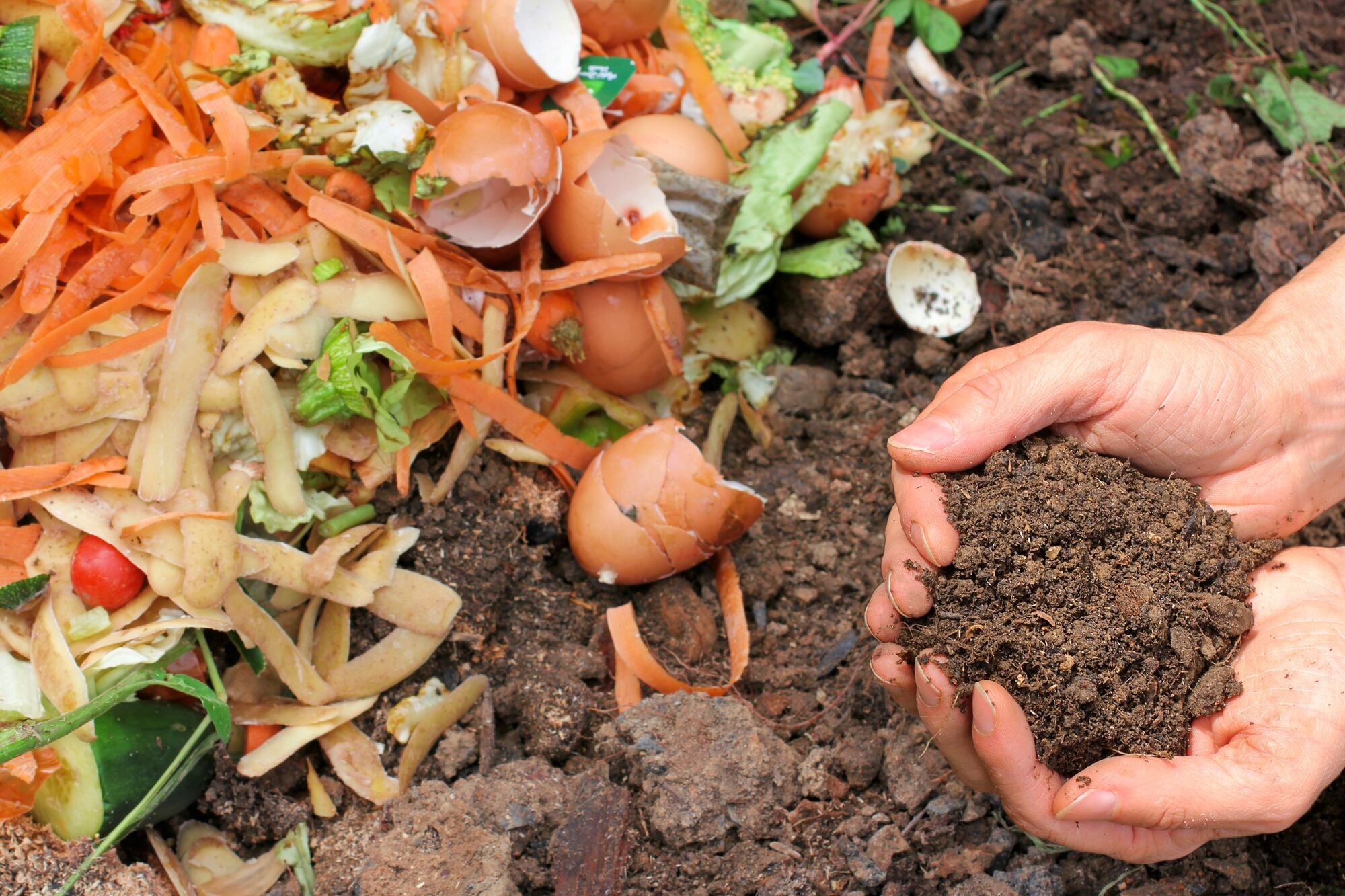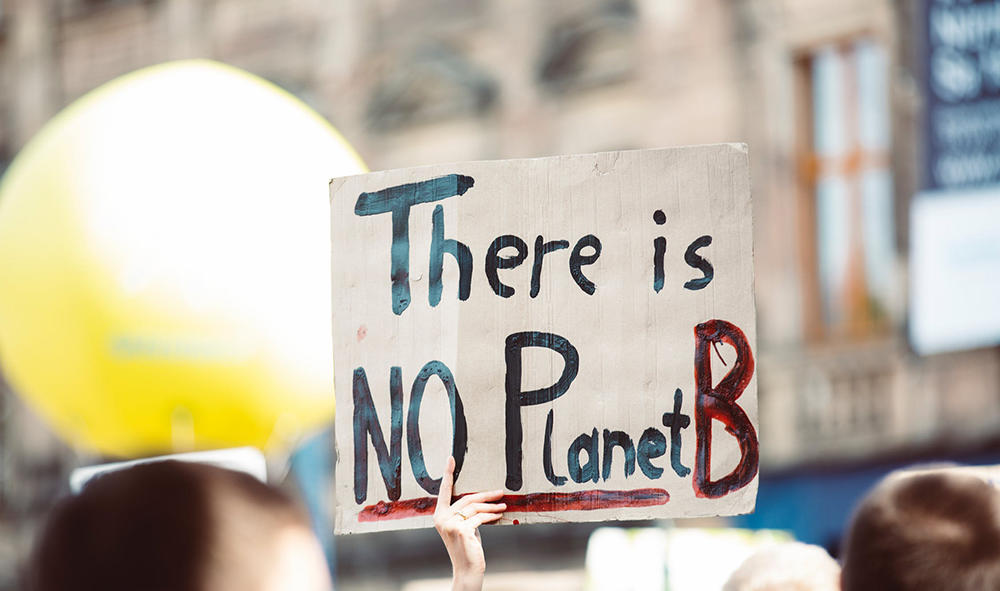Resource Recovery Team
Plastic has never posed such a danger to our future as it does today and the problem is only getting worse. |
Key Takeaways:
|
While recycling rates and the number of recycling programs have increased during the last three decades, plastic production has vastly outpaced it. According to Plastic Oceans, plastic production has quadrupled in the last 30 years and in 2021, over 380 million tons of plastic was produced. What’s worse, according to EcoWatch, plastic consumption is expected to more than double by 2050. We are drowning in a sea of plastic and we cannot recycle our way out of it.
According to the EPA, only about 9 percent of plastic waste globally is actually recycled. Flexible plastic packaging, including film and bags are especially difficult to recycle because they require a unique processing system that is different from the process to recycle traditional, rigid plastics. Plastic bags are also the most ubiquitous in the environment, as stores give them away, merchandise is shipped in them and just about everything you buy is wrapped in plastic.
Plastic bags and films are especially difficult to recycle and often end up landfilled, incinerated or shipped overseas for other countries to deal with them.
Many stores collect plastic bags with the intention of recycling them, but a recent study by ABC News showed that these recycling programs are mostly bogus and the bags end up in landfills, incinerators or are shipped overseas to let poorer countries deal with them, mainly in Southeast Asia.
Besides the deadly impact on marine animals and wildlife when bags are littered or lost to the landscape, studies show that almost 16% of plastic is managed through incineration. When burned, this material releases dioxins, toxins and other harmful particles, and these incinerators are again, often located in low-income and BIPOC communities.
Although recycling is often touted as our best line of defense, using recycled plastic to make packaging and bags comes with significant drawbacks. A recent disturbing report put out by Greenpeace shows that recycled plastic is more toxic than virgin plastic, often containing higher levels of more than 13,000 chemicals that can poison people and contaminate communities.
"The plastics industry continues to put forward plastic recycling as the solution to the plastic pollution crisis.
But this report shows that the toxicity of plastic actually increases with recycling.”
Graham Forbes, Global Plastics Campaign Lead at Greenpeace, USA
While we cannot recycle our way out of our current plastic problem, individual actions do make a difference. Reducing overall plastic production and consumption and transitioning to a circular economy model is our only hope to mitigate the environmental and human health impacts associated with our addiction to plastic.
Here are some easy ways to lower your consumption of plastic:
Here are some easy ways to lower your consumption of plastic:
- Use a reusable water bottle
- Skip the straw
- Bring reusable bags to the grocery store
- Look for plastic alternatives when buying products
- Check out World Centric's Count Me In page for more tips
To learn more and get involved:
Support organizations that are working to tackle the problem:
- Take the pledge at Plastic Free July
- Sign the Petition to Demand a Strong Global Plastics Treaty
- Read how restaurants can go plastic-free from the Plastic Pollution Coalition
Support organizations that are working to tackle the problem:
Author Profile
Written by the Resource Recovery Team at World Centric
